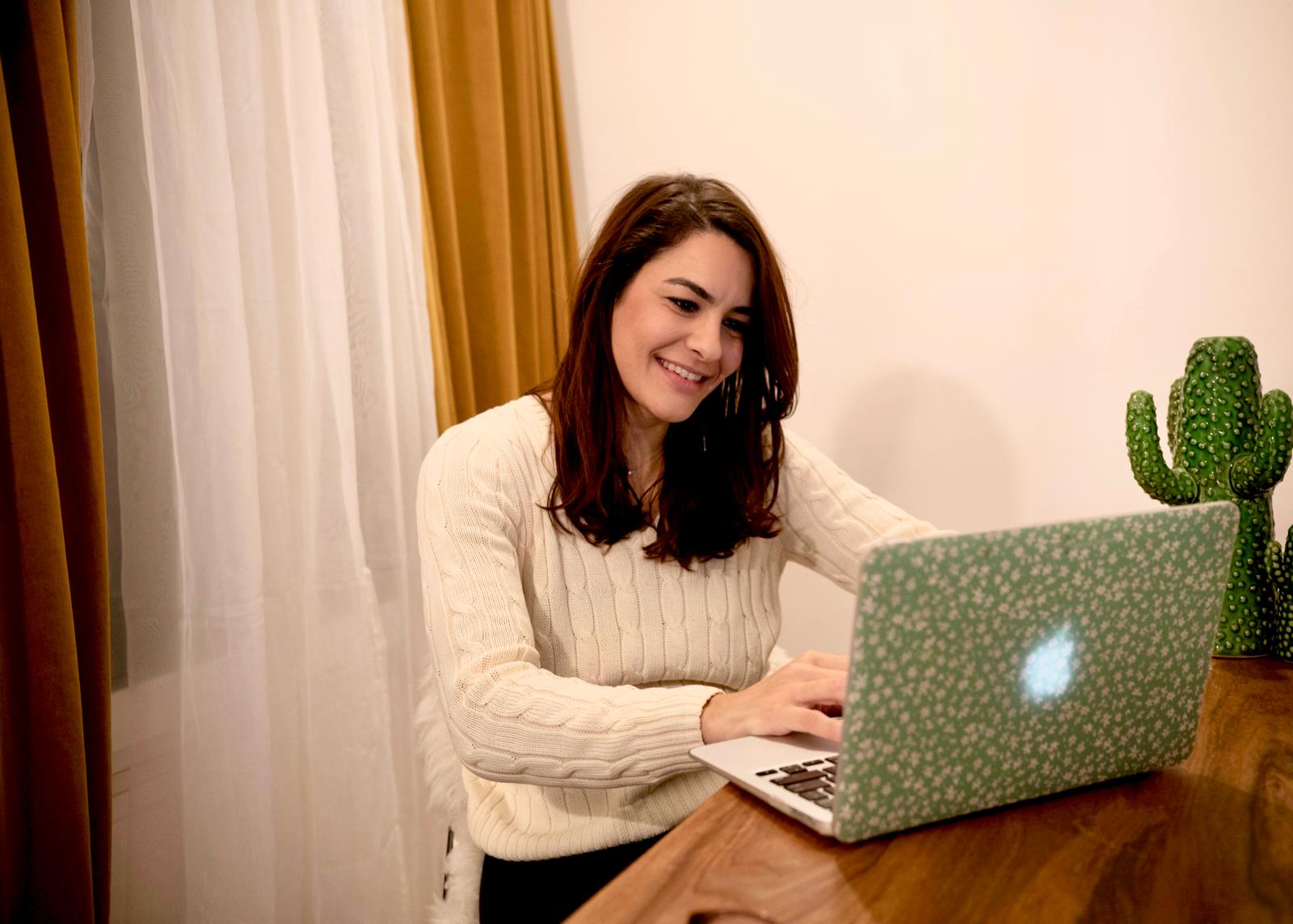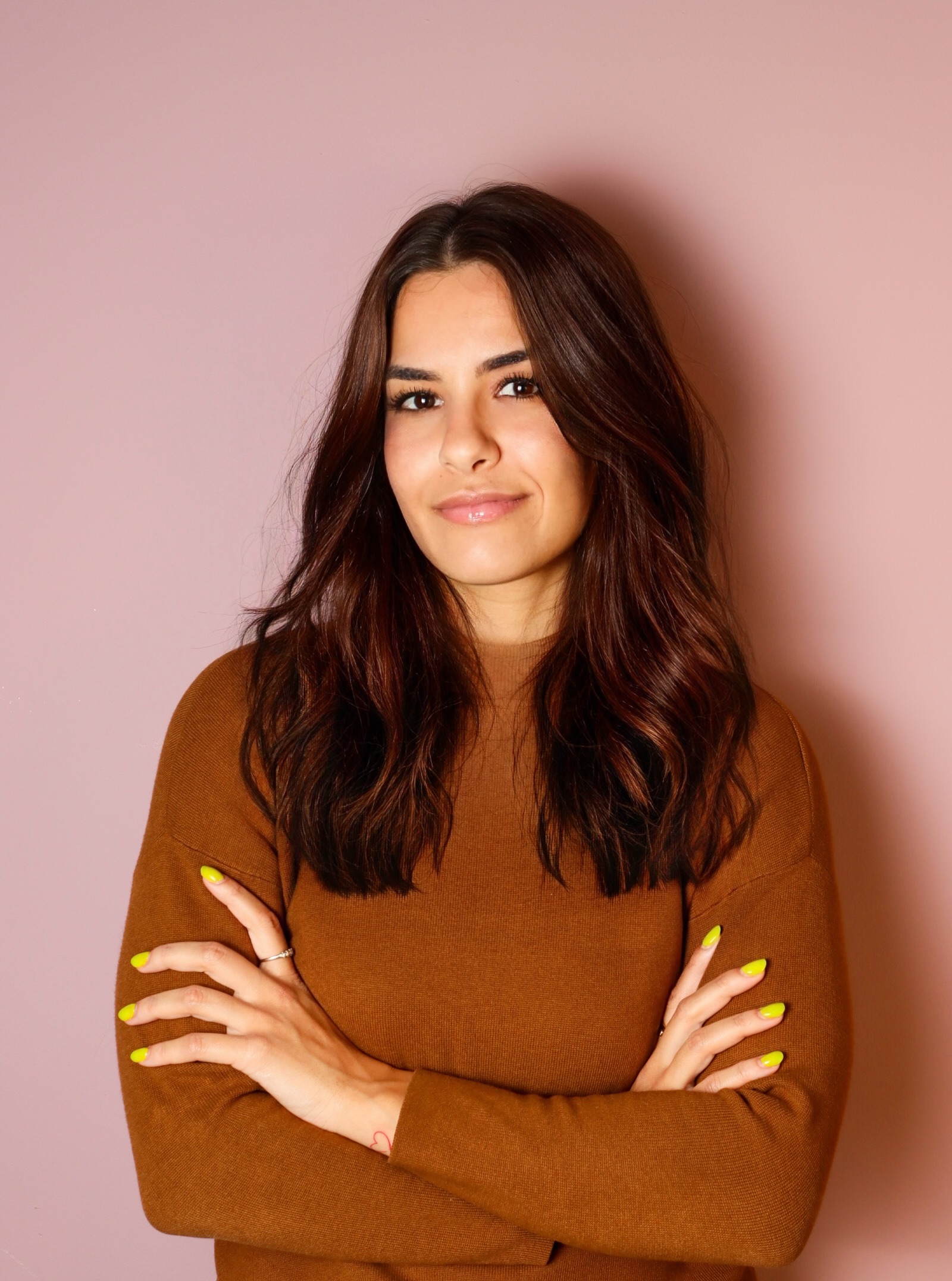Discover the intensive yet realistic journey of achieving Spanish fluency in three months, emphasizing the importance of dedication, immersion, and managing expectations in language learning.

Many would tell you that learning a language requires time and effort, and often the notion of time would differ from one person to another. So if I tell you that I successfully reached Spanish fluency in the matter of 3 months, it might sound like very little time. However, from a linguistic and practical perspective, one needs a certain number of hours of Spanish learning to reach fluency.
Let’s break it down into simple equations: A native speaker of English or French would need approximately 700 hours to become fluent in Spanish. And by fluent, I don’t mean to speak like a native; rather, to be able to efficiently understand and converse with a Spanish speaker depending on their dialect or accent.
An Italian speaker would need approximately 500 hours to reach fluency in Spanish. On the other hand, an Arabic speaker would require up to 900 hours, and that number would go up to 1200 hours if you’re a native speaker of the Chinese language.
These variations are due to linguistic convergence and similarities between languages. The more similar the language you’re learning is to your mother tongue (or to a language you’re fluent in), the easier it would be to reach fluency in that language. Similarly, the further a language is from your mother tongue, the longer it takes to master it.
Spanish is a Romance language; it has Latin roots, and so do French and Italian, which explains the facility of learning them interchangeably if you already speak one.

Now, circling back to the number of hours. A month has between 672 and 744 hours depending on its number of days, hence it is technically possible to learn Spanish in a month if you are a speaker of a Romance language. However, that would mean that you’ll be sleep-deprived for over a month, which I would not recommend considering the danger of such a practice.
Tackling Spanish in a more realistic way, yet intensive, I spent approximately 10 hours a day learning, whether through series, podcasts, music, private classes, and so on. It was Mexico City at home! From constant telenovelas to Jesse & Joy and tacos recipes, I was fully immersed. And considering that it was lockdown at the time, being stuck at home with not much to do, I found pride in spending quasi 10 hours a day learning Spanish. At that pace, it was 300 hours a month, multiplied by 3 months. I’ll let you do the math.
Those hours of Spanish got me to fluency in the matter of 3 months. And since I already spoke English, French, and Arabic, it was a piece of cake.
But wait! Before you rush off to conquer a new language, let me clarify one last thing. Realistically speaking, I do not believe that any person on earth has the capacity to do the same: not because people can be dumb (not everyone is linguistically gifted), but because not everyone is strong-willed. It requires a lot of time, energy, and resources to learn a language.
It also requires consistency, persistence, and patience. There are days where frustration will get the best of you; just ignore it and keep on learning. You have to put your head in the game and remember, learning a language is a never-ending process. Make sure you enjoy it!

Cheyma Rahmeni
As the founder and CEO of Polydioms, Cheyma Rahmeni stands out as an accomplished linguist with over a decade of experience in language teaching, translation, and consulting within the dynamic field of multilingualism. Proficient in more than 5 languages, Cheyma is driven by an unwavering passion for language learning and a deep understanding of its multiple benefits.
Graduating from the Sorbonne University in Paris with a degree in linguistics, Cheyma seamlessly integrated her academic foundation with practical experience, earning a Masters in International Trade and Marketing. Her holistic approach forms the bedrock of her language education philosophy.
Cheyma has not only left an indelible mark in guiding numerous individuals to fluency in French, English, and Arabic but has also actively contributed to the linguistic development of multicultural children, fostering a profound appreciation for language and cultural understanding.
As the visionary behind Polydioms, Cheyma brings a unique approach to language learning. Her methodology is interactive, well-constructed, and efficient, reflecting her commitment to making language education accessible and enjoyable.
Connect with Cheyma for insightful discussions, questions, or personalized language assistance, as she continues to shape the landscape of language education.